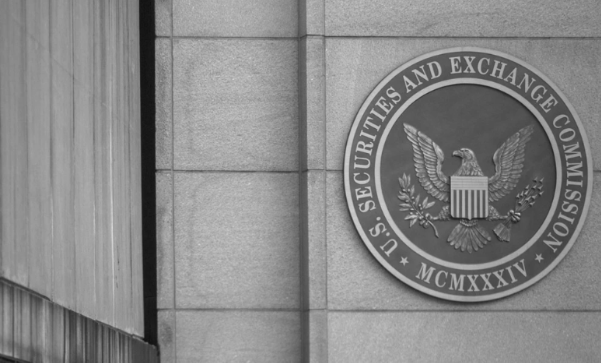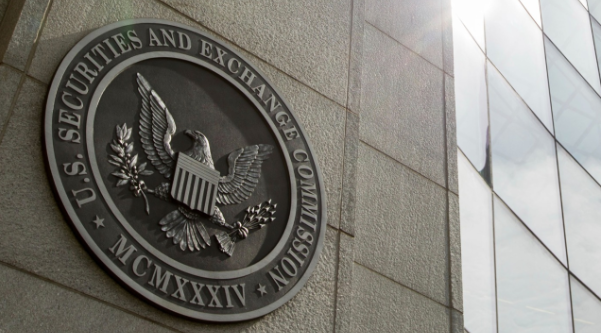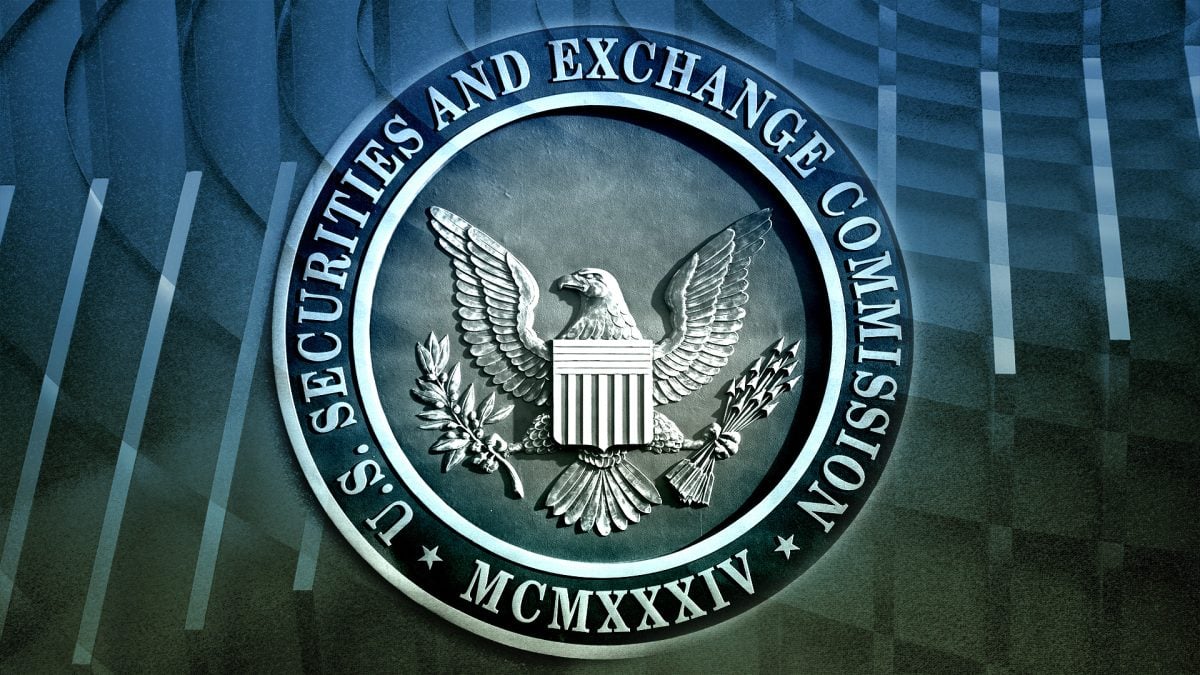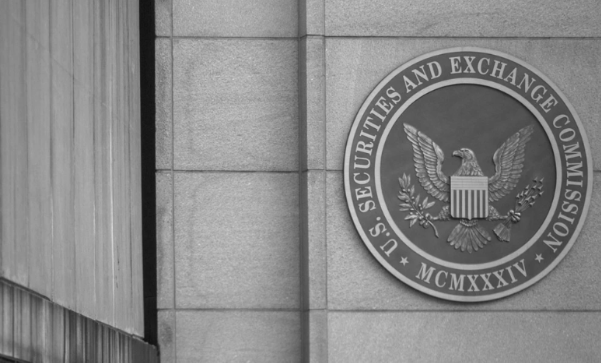SEC complicates the filing of 13G and 13D forms: a new obstacle for ESG investors
The SEC's recent changes to 13G and 13D filing requirements could pose a significant challenge for ESG investors, complicating their ability to influence corporate governance and push for sustainable practices. With stricter reporting rules and increased legal risks, the power of responsible capital may be severely limited. Yet, could these new hurdles spark fresh strategies and alliances among investors? This move might just reshape the future of ESG investing, forcing investors to navigate new paths — or risk silencing their impact on corporate sustainability.

The US Securities and Exchange Commission (SEC) has made critical amendments to the reporting requirements for 13G and 13D forms, significantly complicating the process for investors focused on sustainability. These changes, although presented as clarifications, effectively undermine the ability of responsible investors to influence corporate governance and advocate for sustainable business practices. The stricter disclosure requirements, increased administrative burdens, and heightened legal risks will severely limit the opportunities for investors to exert pressure on companies regarding ESG metrics.
Changes to SEC reporting rules weaken the impact of responsible capital
Previously, large institutional investors promoting sustainable business practices could use the 13G form — a simplified reporting structure that provided flexibility in engaging with companies. However, under the new guidance, many ESG investors will be forced to file the more stringent 13D form, which requires detailed disclosures of investment intentions, plans, and strategies. Unlike the 13G form, which offers a less intrusive reporting structure, the 13D form requires frequent updates and imposes a significant compliance burden. Even minority investors with stakes of less than 5% may be subject to 13D requirements if their interactions are deemed to be part of a broader coalition influencing the company.
These changes are not merely procedural; they represent a fundamental shift in how activist investors — particularly those focused on sustainability — can operate. By making ESG engagement more complex and risky, the SEC has introduced a deterrent effect that may dissuade investors from taking an active stance on corporate ESG issues.
Market response and strategic shifts of major investors
The immediate response from institutional investors underscores the significance of these changes. For example, BlackRock and Vanguard temporarily suspended their engagement meetings to assess the impact of the new reporting obligations. Although BlackRock has since resumed its engagement activities, the pause highlighted the uncertainty and strategic recalibration that investors must undertake in response to the revised SEC guidelines.
More broadly, these changes are expected to alter how investors interact with corporate boards and management teams. The ability to influence a company’s sustainability policies — through voting strategies, engagement dialogues, and board-level advocacy — has long been a cornerstone of responsible investment. However, the new SEC restrictions mean that even discussing voting intentions related to ESG with company management could be interpreted as coordinated pressure, triggering a shift from filing 13G forms to 13D. The result? ESG investors face increased scrutiny, reduced flexibility, and a chilling effect on their ability to push for meaningful corporate changes.
Global implications for sustainable financing
The timing of the SEC’s decision is particularly noteworthy given the changing regulatory landscape for ESG in Europe. As the EU considers the implications of its Omnibus reforms and broader ESG-related regulatory initiatives, the SEC has taken a firm stance to limit the influence of sustainability-focused investors in the US market.
This move has global ramifications. Given that a significant portion of global equity market capitalisation is tied to the US, the SEC's rule changes will affect trillions of dollars in assets managed with ESG considerations. Asset managers operating across multiple jurisdictions will now have to navigate a regulatory environment where US rules actively restrict ESG activity, while European frameworks continue to evolve in the opposite direction, aiming to enhance transparency and sustainability commitments.
The future of ESG investing
The SEC’s actions signal a broader regulatory pushback against ESG-based shareholder activism. In the near term, this may reduce the effectiveness of traditional engagement mechanisms, prompting ESG-focused funds to explore alternative strategies. We may see a shift towards stronger investor coalitions: in response to the limitations on individual investors imposed by the reporting rules, ESG-minded stakeholders could form alliances to exert collective influence and bypass regulatory barriers. There may also be an increasing reliance on public pressure campaigns: as direct corporate engagement becomes riskier, ESG investors might turn to the media, advocacy groups, and public discourse to apply pressure on companies.
In addition, the financial sector may challenge the SEC’s decision through legal means or lobbying efforts, arguing that it stifles responsible investment and undermines market transparency.
The broader question remains: will regulatory frameworks continue to evolve in ways that limit ESG influence, or will investors find new ways to assert their role in shaping sustainable corporate behaviour? One thing is clear — the SEC’s decision represents the most significant regulatory challenge to ESG investment strategies in over a decade. The ability of sustainable financing to adapt to these restrictions will determine its trajectory in the coming years.



